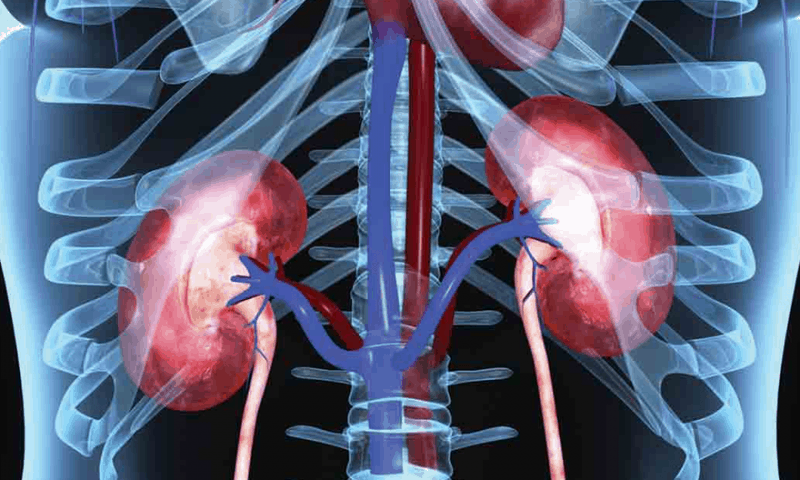Novartis rolled out results from two phase 2 clinical trials for investigational kidney disease medicine iptacopan that showed stabilization of kidney function in one and the reduction of a key marker for kidney disease progression in the other.
Iptacopan is an oral factor B inhibitor of the alternative complement pathway that targets the key drivers of several kidney diseases. The complement pathway is a part of the immune system that helps eliminate microorganisms as the body’s first line of defense. Research has pinpointed complement system dysregulation as a driver in some kidney diseases. When the system overreacts, an inflammatory response is triggered, which can lead to kidney damage.
The U.S.-Swiss giant said iptacopan stabilized kidney function in patients with IgA nephropathy (IgAN), which causes immunoglobulin A to build up in the kidneys and eventually impair the ability to filter waste from the body.
Novartis said the therapy met the main goal of the clinical trial by reducing protein in the urine. The study’s lead author Jonathan Barratt, Ph.D., said IgAN has no currently approved treatments, and the results in the iptacopan trial suggest inhibiting the alternative complement pathway could be a way to tackle progression of the disease. Barratt is a professor of renal medicine at the University of Leicester and a nephrology consultant for the Leicester General Hospital.
Iptacopan also showed “a trend towards” stabilizing kidney function and had a favorable safety profile, Novartis said.
In the second study, Novartis is trialing iptacopan in C3 glomerulopathy (C3G), a rare kidney disease typically affecting adolescents and young adults that can progress to kidney failure.
Novartis found that iptacopan stabilized kidney function by improving the rate of blood passing through and filtering in the kidneys. A previous analysis of this trial showed a reduction in proteinuria, improved plasma C3 levels and a favorable safety profile and tolerability over 12 weeks.
C3G is another disease Novartis says does not have an approved treatment.
Iptacopan is being studied in a number of different kidney diseases where the complement system is believed to be a factor, including C3G and IgAN, atypical hemolytic uremic syndrome, membranous nephropathy and the blood disorder paroxysmal nocturnal hemoglobinuria. The C3G and IgAN results were presented at the 2021 ERA-EDTA Congress.
Novartis is hoping the therapy will become first-in-class for both C3G and IgAN. The company has long had a kidney transplantation treatment program, but iptacopan is the first in its pipeline that specifically targets complement-driven renal diseases. The company is targeting the key drivers of this group of diseases that are typically rare and progressive with the ultimate goal of delaying dialysis treatment.
Alexion tried to make a play in C3G by buying Achillion Pharmaceuticals for $930 million and bringing in two therapies under investigation in the disease. But phase 2 data turned out to be lackluster in the end, and Alexion ditched the assets in July last year.
In IgAN, Novartis is up against a couple upstart biotechs, including Vera Therapeutics, which believes it has a future in the disease with a drug candidate that has failed multiple clinical trials. Merck KGaA originally developed atacicept for autoimmune diseases, but found it ineffective in clinical studies. A small trial of 16 patients suggested it could have effect against IgAN, and Vera has raised funds for a bigger test.

